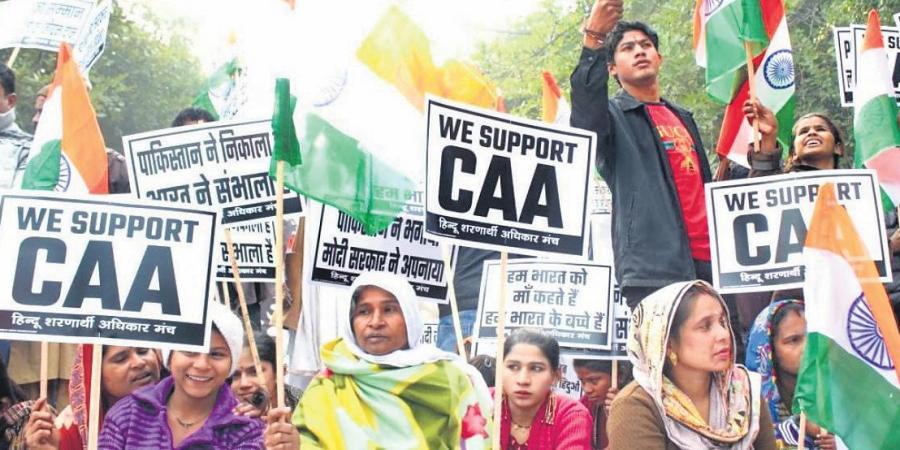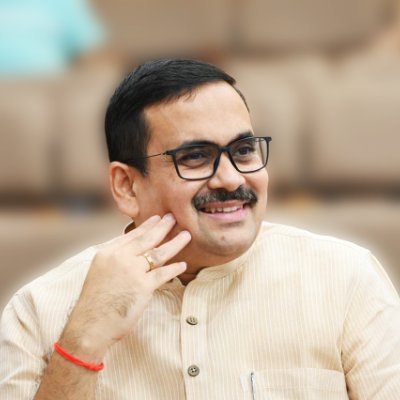There has never been a government as pro-India as the one led by Narendra Modi. Those who hardly move out and yet spin theories of youth “uprising” against Modi live in a make-shift world of make-belief; they have no clue as to the real India, the India of the masses, the India beyond the elite and charmed circles of self-styled opinion-makers. This India understands what Modi says; it throbs to his efforts to settle, once for all, a number of unsettled facts of history so that India’s march towards self-reliance and a dignified existence in the comity of nations can continue unabated.
Modi has his ears to the heart of Bharat, unlike those who, in their irrational opposition to him, have no qualms in siding with elements who push their agenda of trying to disintegrate India. Unable to sense that India, these deracinated intellectuals who are completely divorced from the sense of India hallucinate on mass uprisings, on revolts and revolutions and have done what they are best at doing, prodding divisive elements, standing by elements who give the dangerously subversive cry of “Jinnah wali azadi” (Jinnah type of “freedom”).
On this Republic Day and as we move towards the 75th milestone of our independence, every right thinking Indian ought to reflect deeply on whether demands and slogans such as “Jinnah wali azadi” should be tolerated or put up with in a free India. That reflection cannot be left to foolish columnists, who imagine that with a flourish of their confused pen they could compose and articulate a revolution. India, it is true, is in the throes of a revolution, but it is a revolution of rediscovering and asserting her civilisational self.
The passing of the Citizenship (Amendment) Act (CAA), the entire spectrum of debate that it has generated, the whole dimension of a historical past and promises and task unfulfilled that it has brought up to the surface of our national psyche are to be welcomed, since it is a process through which India realises and accepts her duties and responsibilities as a civilisational state, a state which remains concerned for and open to those who have historically considered her as the motherland and sacred land. Among elements that have vigorously pushed a false narrative on the CAA are the Indian communist parties and the Indian Union Muslim League (IUML).
With these entities have allied break-India elements such as the PFI and SDPI, both entities who have as their aim the transmutation of India into an Islamic state. The present Congress party is their umbrella. The Communist Party of India (CPI) had supported Jinnah’s demand for Pakistan and therefore it is natural for them to oppose CAA. That the communists could not survive in Pakistan, that those leaders who were sent from India to organise the party in Pakistan were imprisoned and had to flee, is of no consequence to the present comrades.
They wish to keep India open to infiltrators and want to consolidate them as a vote-bank. In short, by opposing CAA, the communists are bending backwards to appease Islamic revanchism. The IUML, a coalition partner of the Congress and the Indian successor of Jinnah’s Muslim League, by opposing CAA, is repeating history; it is reiterating its commitment to the narrative of an Islamic state in which minorities have no place and space.
It is also opposing the legitimate right of Hindus to consider India as their civilisational homeland. The IUML, the communists, rabid elements such as the PFI and SDPI, which have been unleashing violence in parts of the country, have to therefore be opposed and resisted so that a united India can survive and thrive. The passing of CAA brings to closure an open and painful chapter in India’s history of partition. It was a half-complete chapter which had been left unattended for decades.
(The views expressed are the author's own and do not necessarily reflect the position of the organisation)


